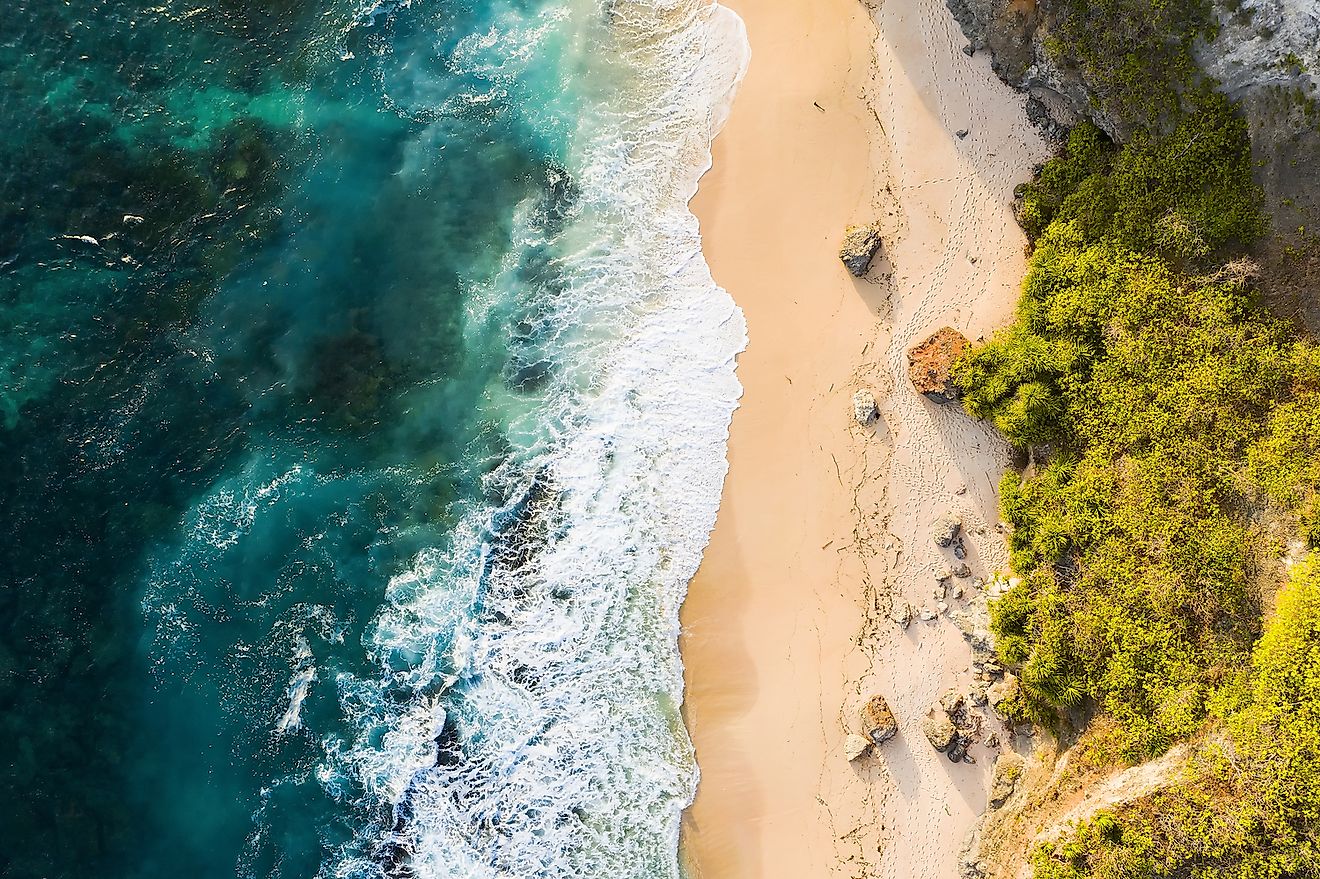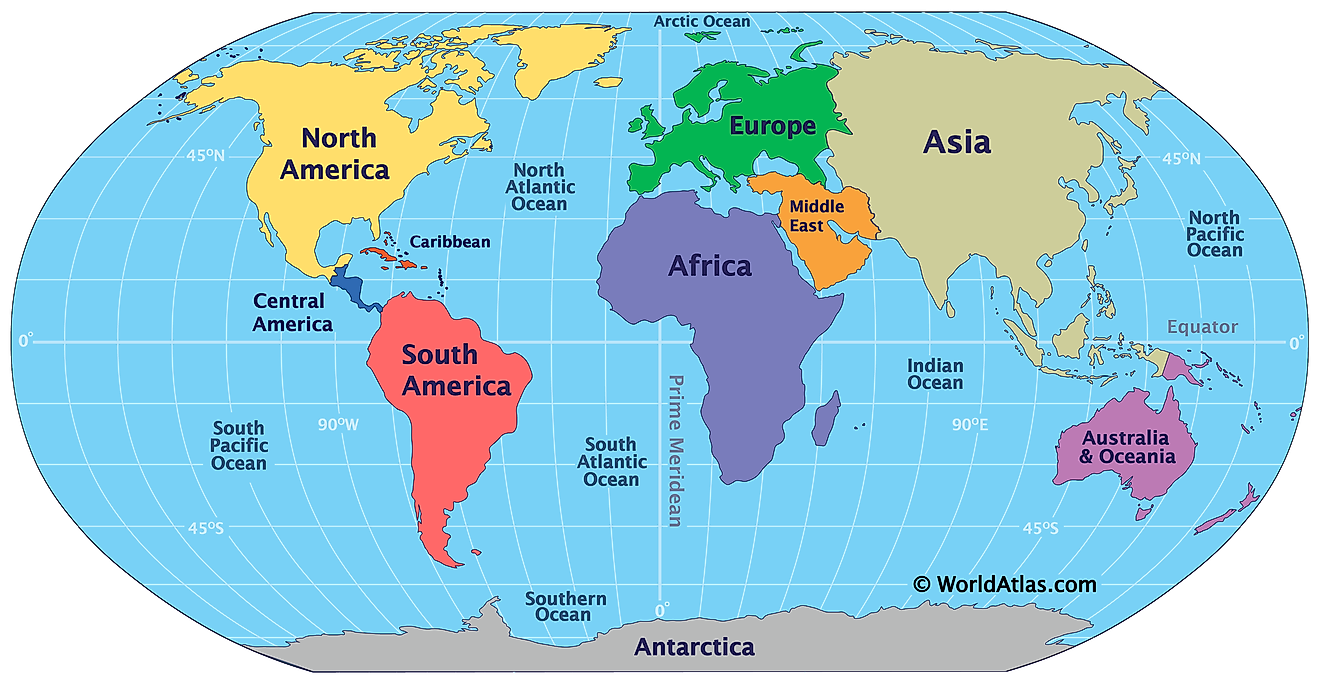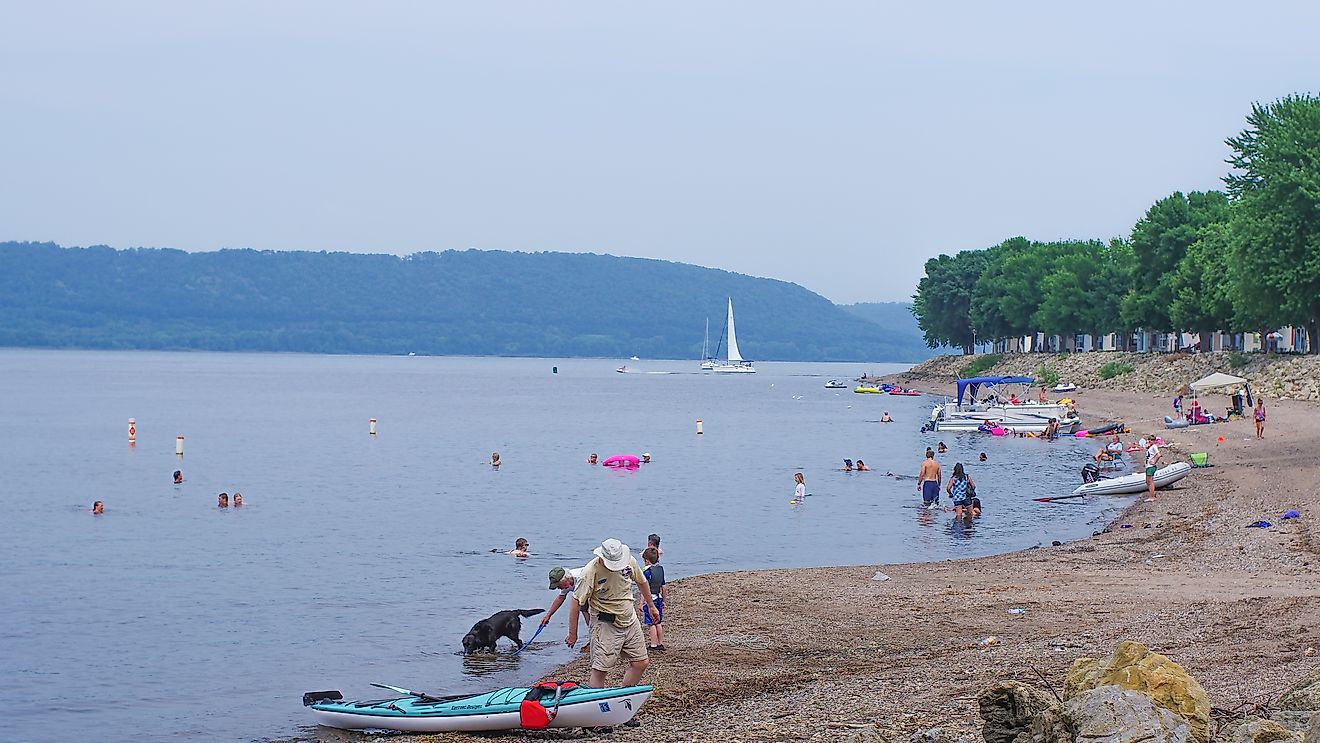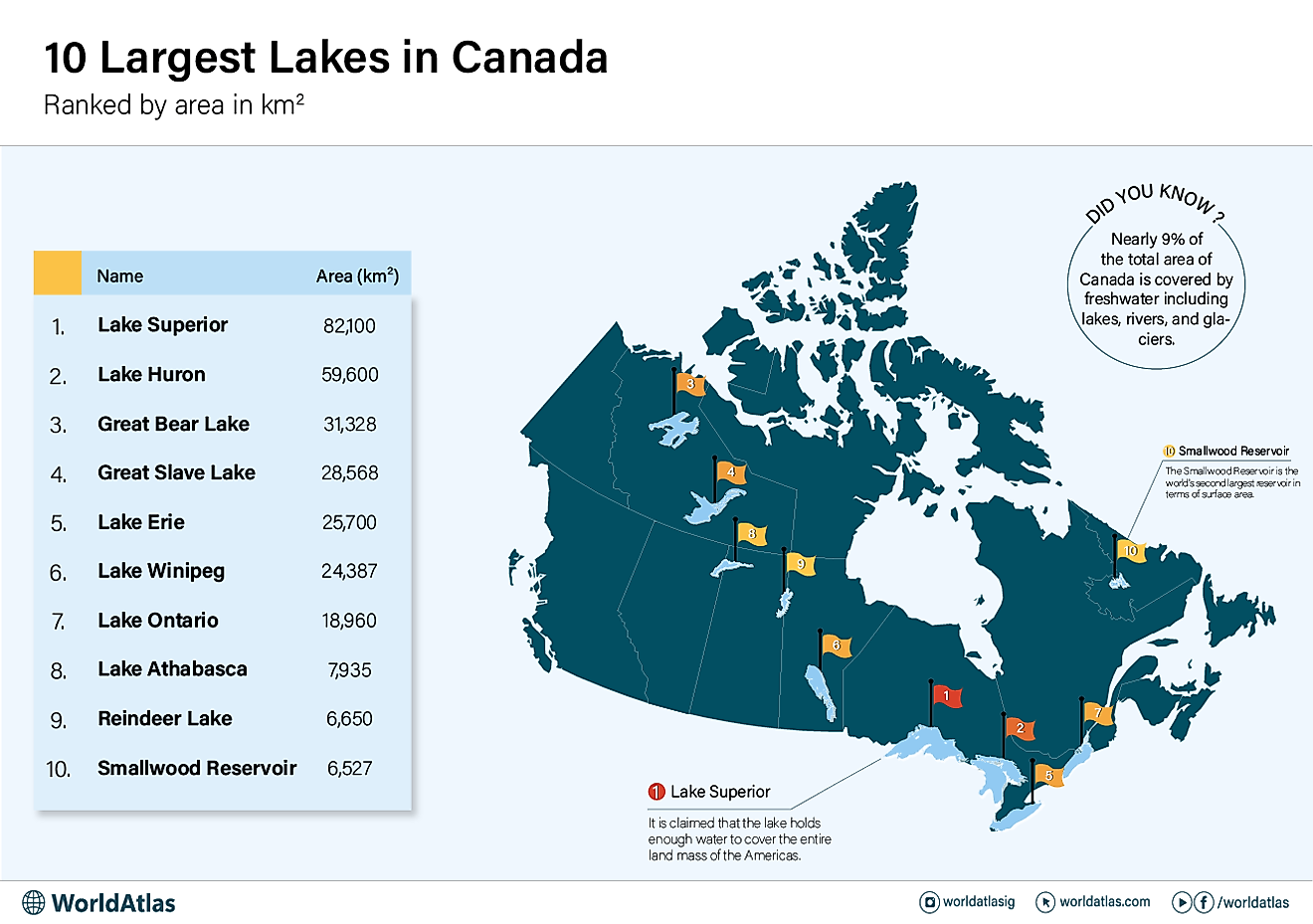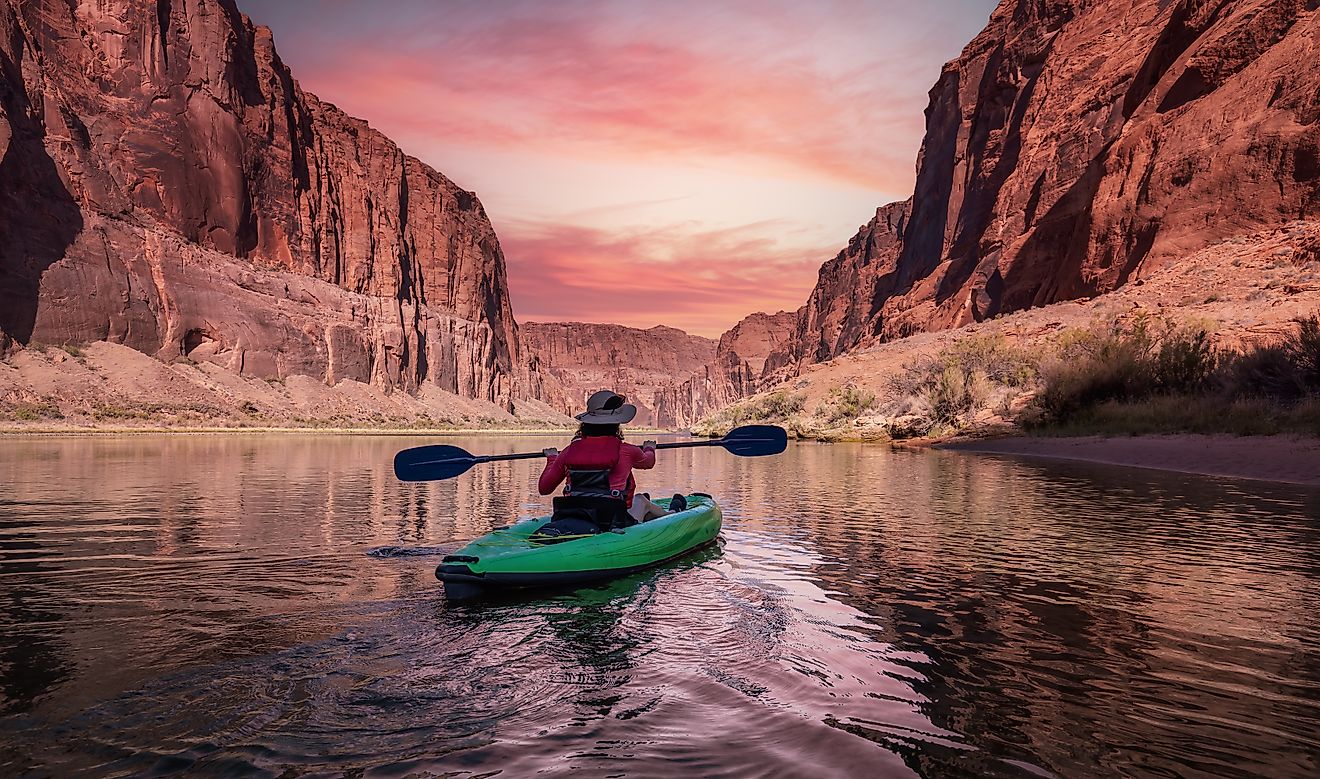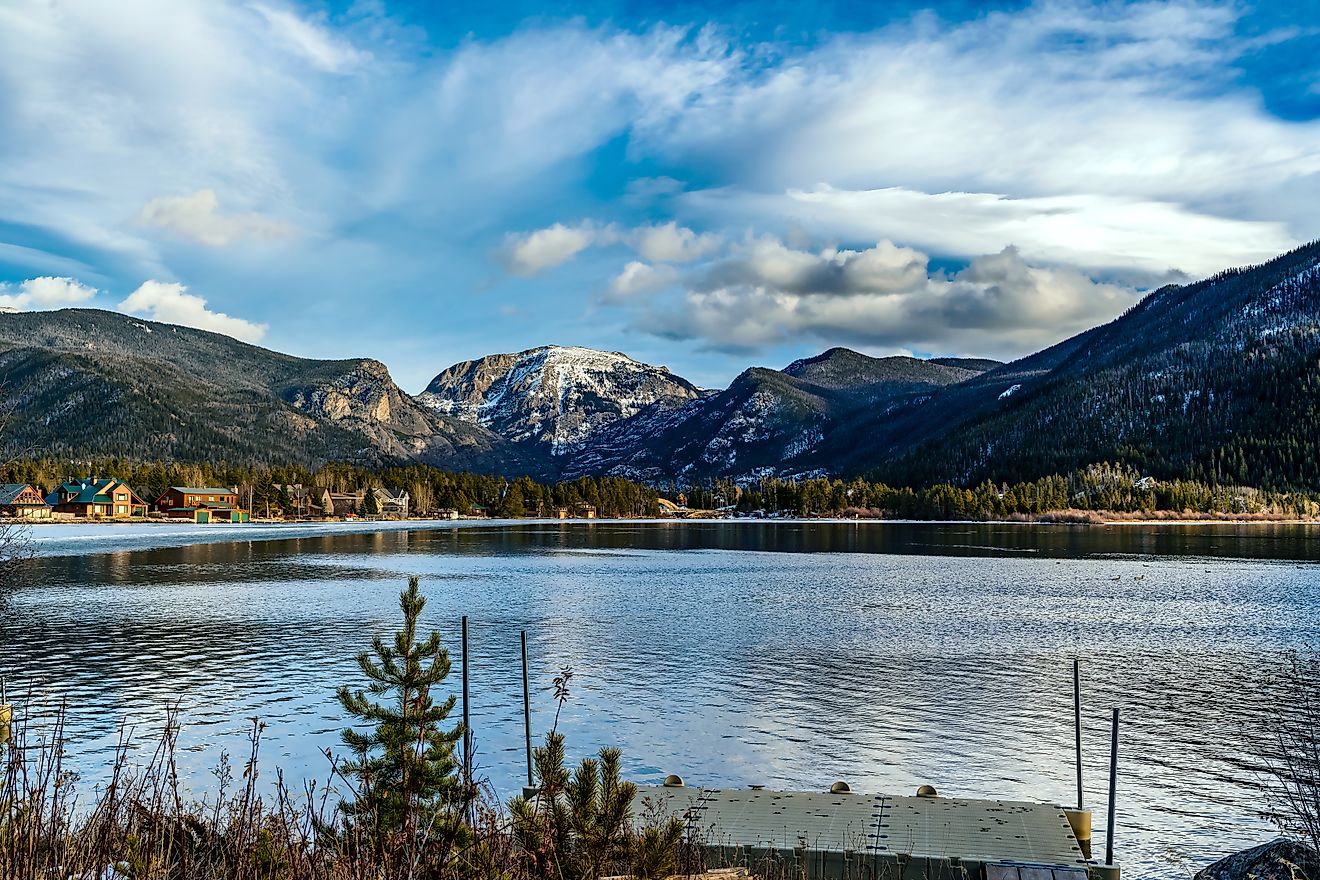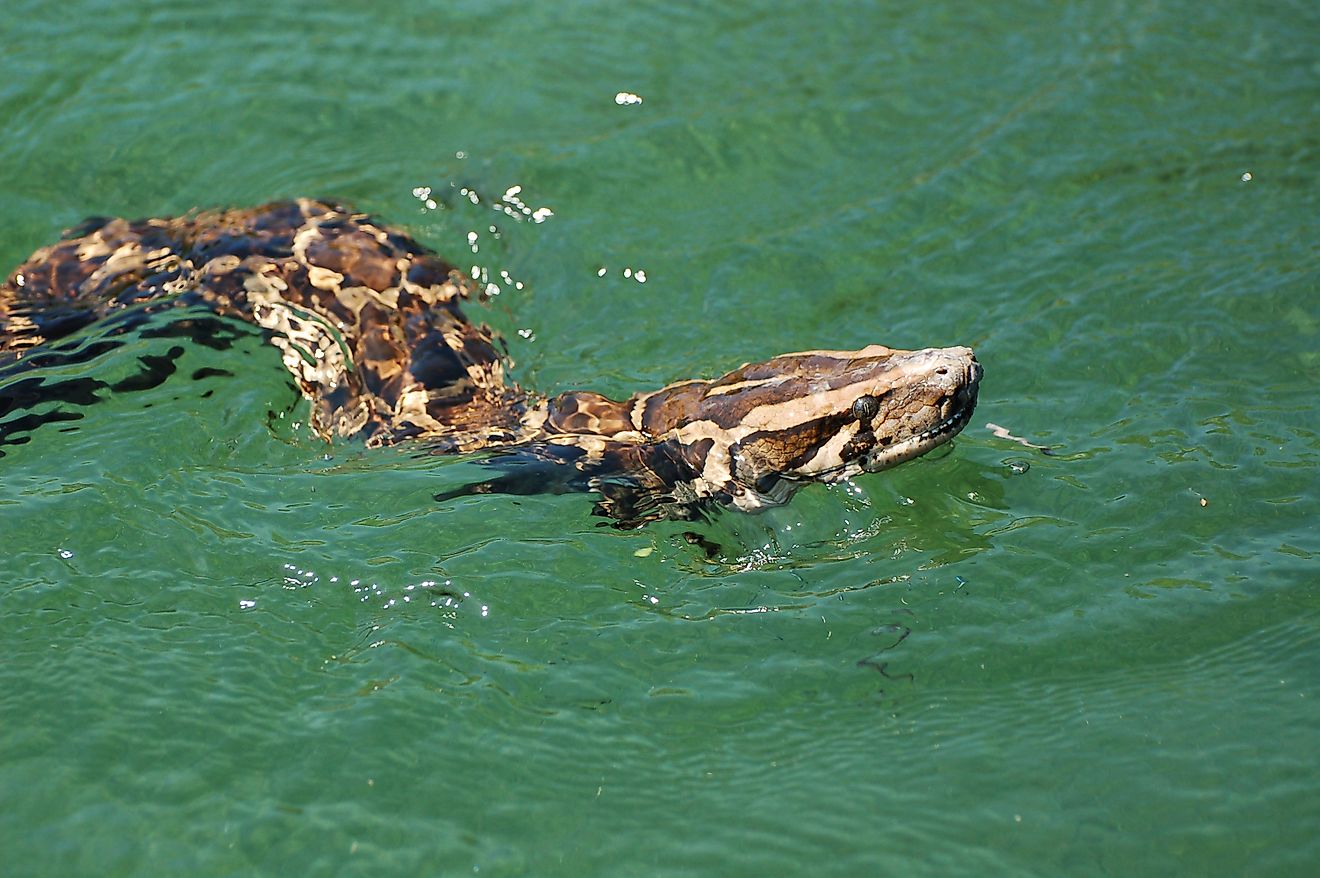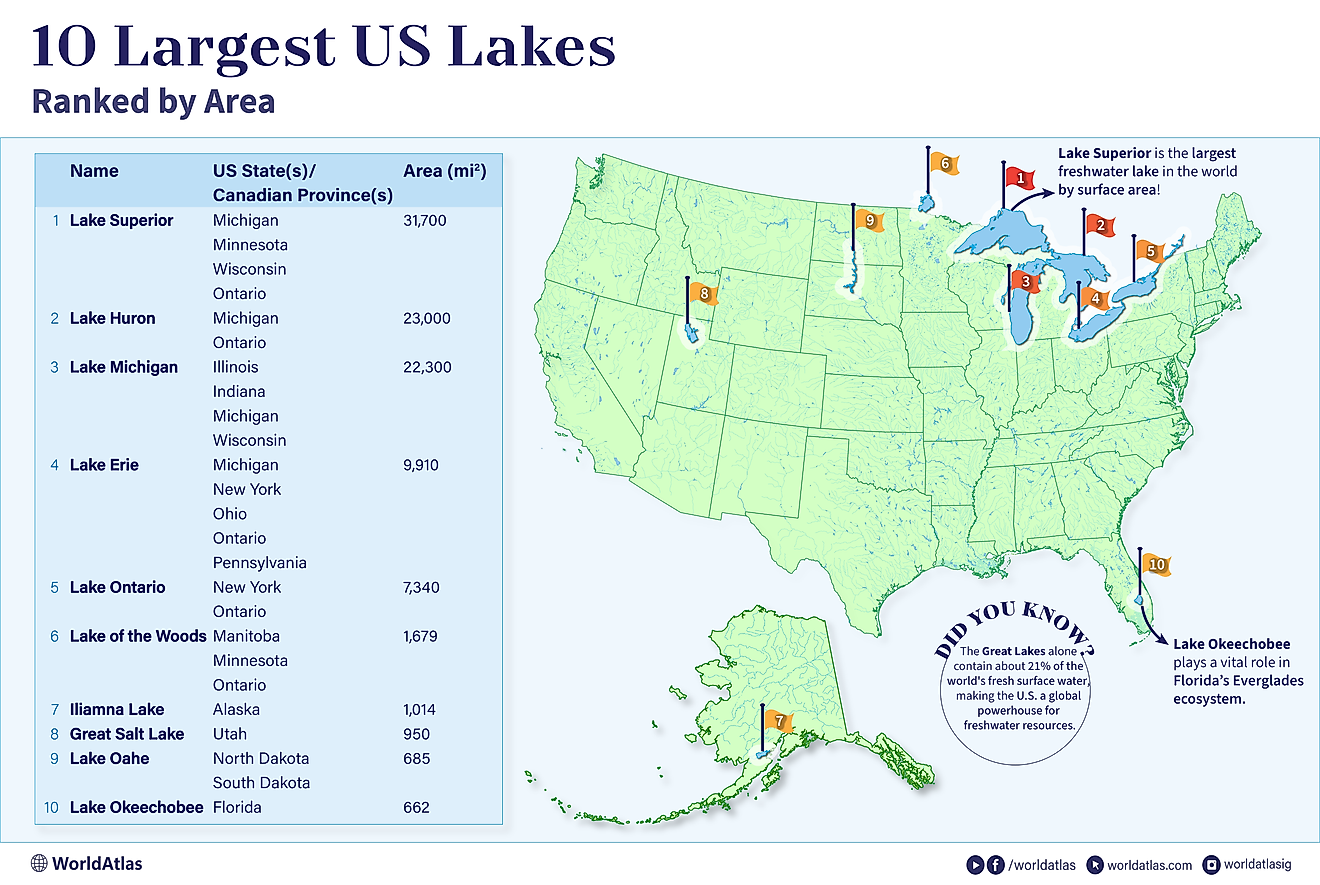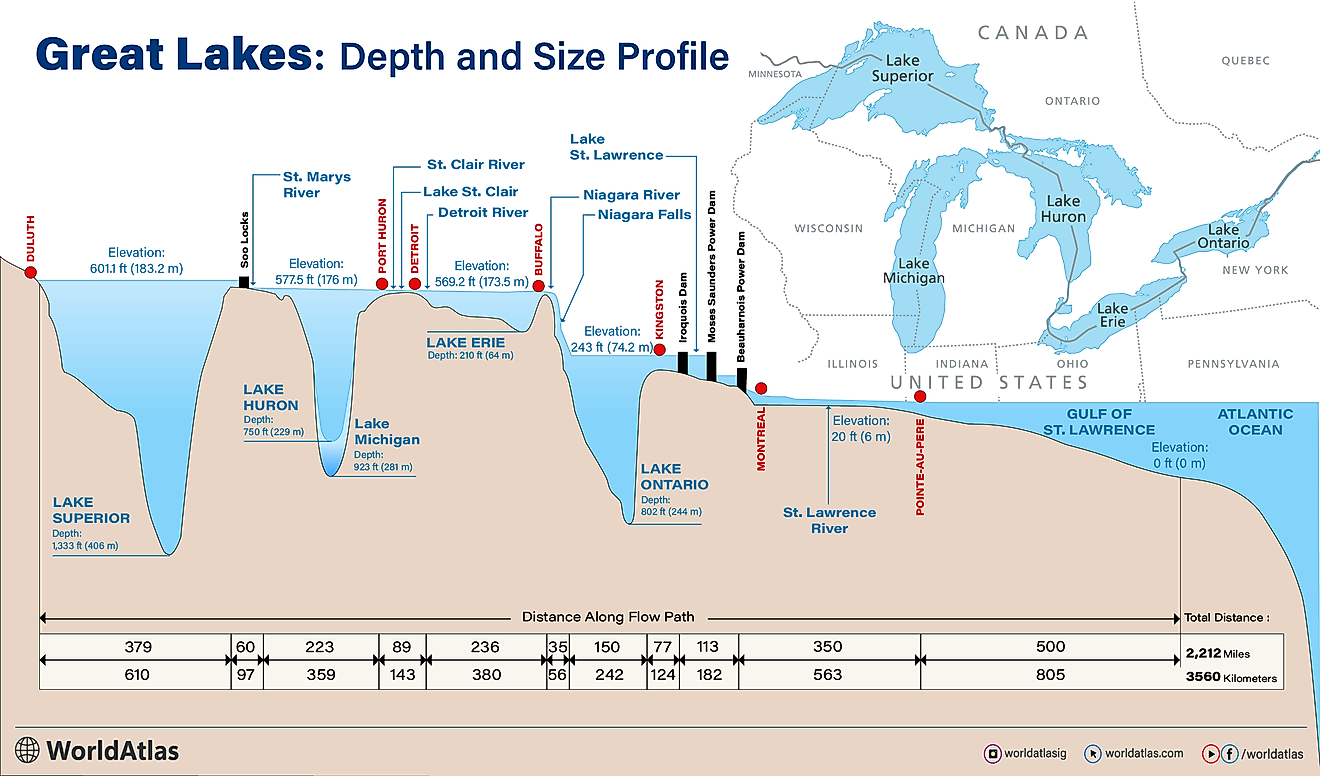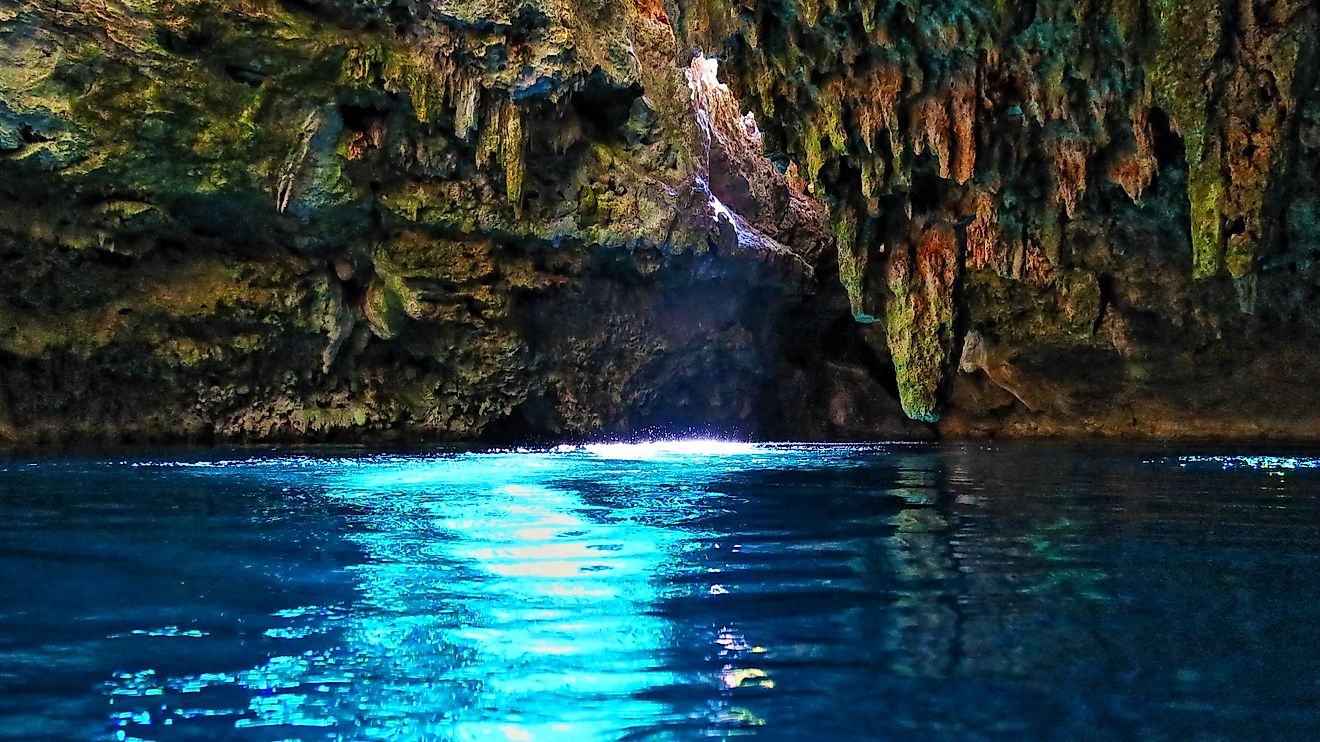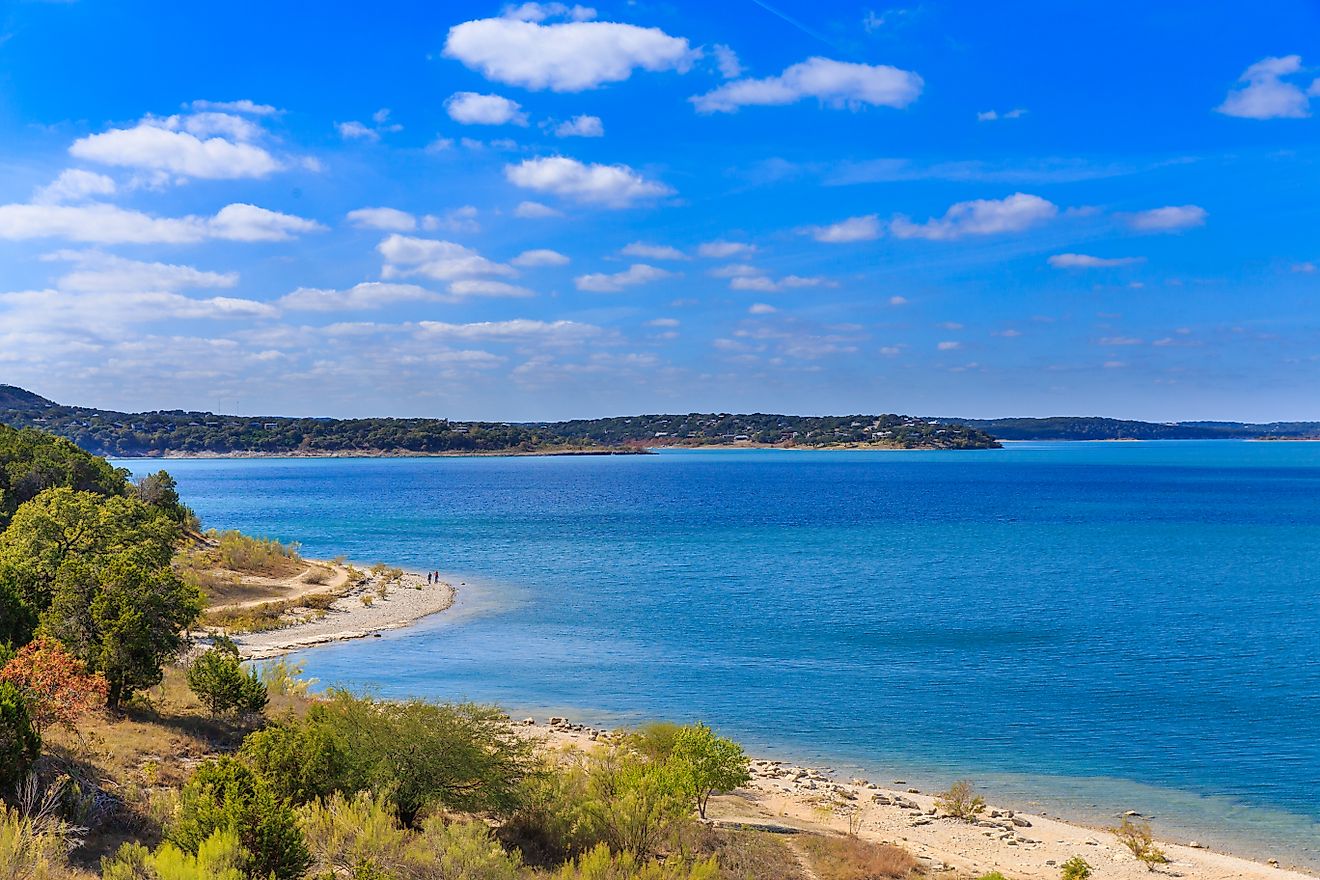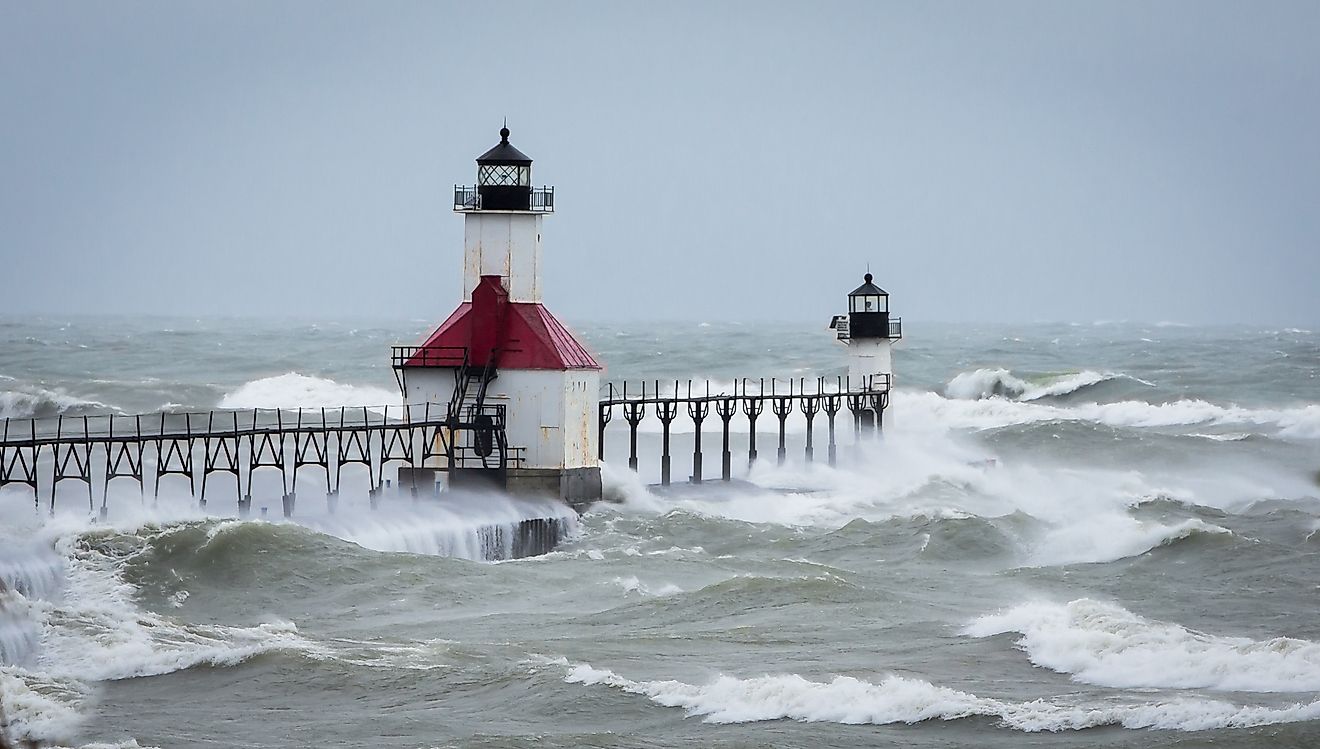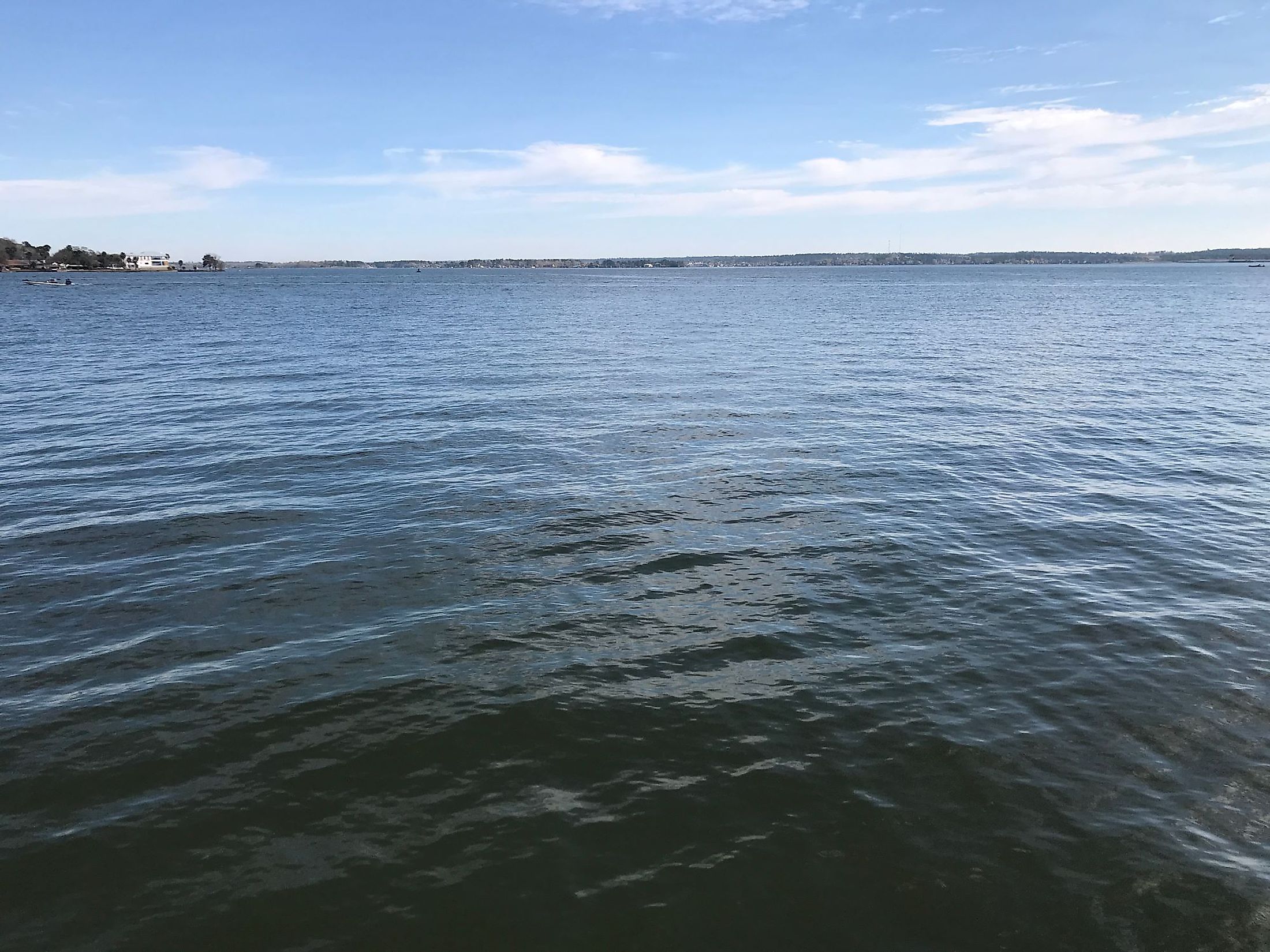
Lake Conroe, Texas
Lake Conroe is an artificial lake located in the Piney Woods of East Texas. Lake Conroe was formed in 1973 to provide Houston with a backup water supply. Around the scenic lakeshores and forested surroundings, some of the finest residential communities in the country have been developed. It is an ideal location for relaxation or an exhilarating adventure. There are numerous campsites, parks, trails, and other recreational areas close to Lake Conroe.
Geography Of Lake Conroe
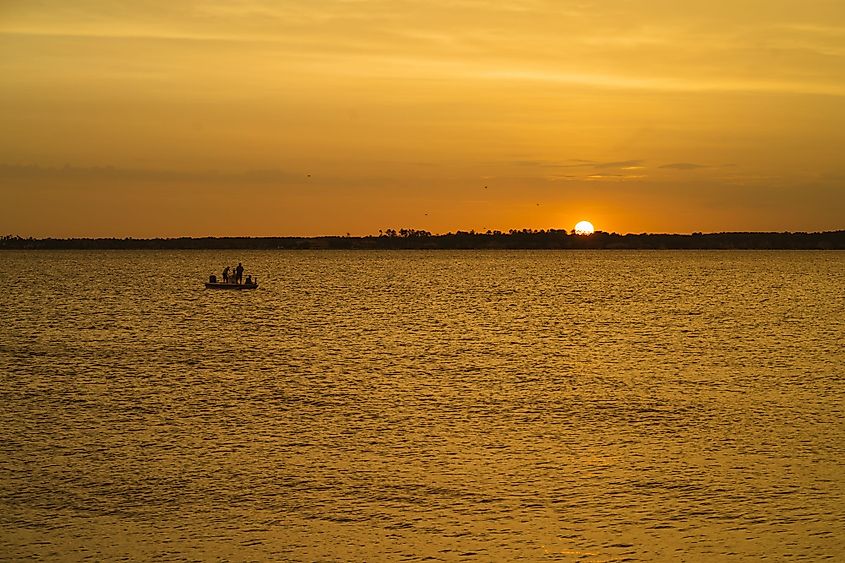
Lake Conroe is a 21,000-acre reservoir lying on the West fork of the San Jacinto River, where it gets the majority of its water supply from. The lake is spread across the Walker and Montgomery Counties in the US State of Texas and lies within the Piney Woods region. A 5,000-acre portion of Lake Conroe is located within the beautiful Sam Houston National Forest, which borders the lake from the north. Conroe, Montgomery, and Willis are the local cities situated close to the lake. Lake Conroe is located 43 miles north of Houston and 17 miles west of Huntsville. The lake's water quality is generally good, with an average depth of 6.2m and a maximum depth of 24m. The lake has a length of 21 miles and is 6 miles wide at its broadest point. It has a storage capacity of 430,260 acre-feet and a shoreline that extends over 150 miles.
History Of Lake Conroe
Like most Texas' reservoirs, the lake was developed as part of a reservoir-building boom that state water planners hoped would prevent a recurrence of the water shortages that were experienced during the drought's record-breaking seven-year duration in the 1950s. In 1968, the Houston city government, Texas Water Development Board, and San Jacinto River Authority met to discuss the disaster and developed a five-year development plan for Lake Conroe. In January 1973, a 2.2-mile-long and 82-foot-high dam was finally finished, five years after the Lake Conroe reservoir's conceptualization. The reservoir was filled in just nine months, thanks to the west fork of the San Jacinto River pouring into it. The lake area quickly attracted large numbers of city dwellers looking for a suburban getaway less than an hour's drive from the city because of its beautiful, naturally abundant surroundings. As more jobs trickled out from the city center, what started as a weekend getaway or empty-nest retreat for Houstonians eventually developed into full-fledged neighborhoods.
Fishing In Lake Conroe
The lake's most sought-after sportfish is the largemouth bass. Early spring through mid-fall is the most incredible season for reeling in largemouth in shallow locations close to marinas or boat docks. It's possible to catch hybrid striped bass year-round. There are also many channel catfish and some blue catfish. Lake Conroe contains a sizable population of bluegills and crappie. Moreover, there are a few sunfish species present throughout the lake. Even though they are uncommon, you might see fish like bowfin, gar, carp, or smallmouth buffalo gobble up your bait. One must try searching the lake's northern side vegetation for bass fish. Alternately, one might also try fishing in the southern region near the docks and shoreline. Riprap, stumps, and brush piles make excellent fishing spots if you're seeking bass, bluegill, or crappie. There are catfish spread throughout the lake. They are susceptible to being caught from shore at locations like Cagle Recreation Area or Lake Conroe Park in the early morning, late afternoon, or even at night. Catfish move to deeper waters throughout the day. If the fish are deep, try looking for underwater ledges and dropoffs; you might find yourself reeling in various delectable rewards.
Precautions To Be Taken At Lake Conroe
Despite the enormous number of people visiting the lake, Lake Conroe has topped the list of Texas' deadliest lakes since 2000. The Texas Parks & Wildlife Department reported 26 drownings and boat-related mishaps at Lake Conroe between 2010 and 2020. High volume boat traffic on the water, which causes crashes, and disregard for safety precautions both contribute to these fatalities. According to statistics, 85% of people who died in boating accidents weren't wearing life jackets, making their deaths avoidable. According to state officials, alcohol usage was a significant factor in most fatal boating accidents. The number of fatalities keeps rising due to visitor and boat operator irresponsibility, despite officials patrolling the region and conducting regular safety checks.
Attractions In And Around Lake Conroe
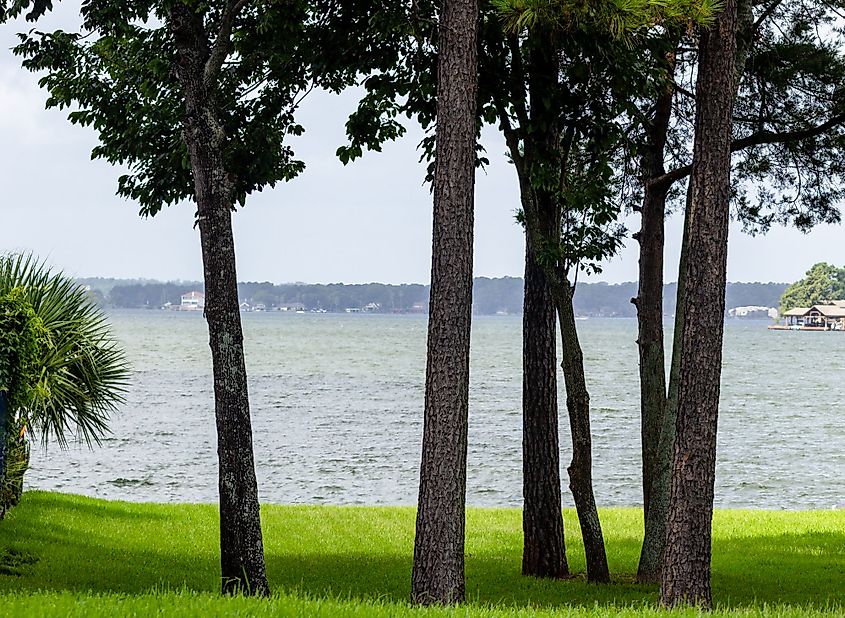
Wineries And Tasting Rooms
Numerous wineries have won awards in the Lake Conroe area. While some have tasting rooms in the area's historic districts, others have lovely vineyard properties where one may explore their winemaking facilities, event spaces, and tasting rooms. Additionally, there are several wine bars in the Lake Conroe area.
Sam Houston National Forest
The Sam Houston National Forest, which stretches along the northern shores of Lake Conroe, is a place of soaring pines, lots of well-maintained hiking, biking, and wildlife-watching trails, as well as equestrian riding and dirt biking routes.
Golf Courses
Golf courses that offer play with stunning lake views can be found all around the shores of Lake Conroe, tucked away among the tall pines of the area.
Lake Conroe has grown from its humble beginnings as a backup plan for a nearby city's water supply into an essential component of the regional economy. It has developed into the perfect location for social, recreational, and economic activities because of its crystal-clear waters, 150 miles of shoreline, and lush, natural surroundings. The tall pine trees that line Lake Conroe's shoreline make it the most beautiful lake in Texas.
